Proposed Changes: France To Increase Penalties For Young Offenders?

Table of Contents
Current State of Juvenile Justice in France
The French juvenile justice system currently aims to balance punishment with rehabilitation for young offenders. The age of criminal responsibility is 13, meaning children under this age are not held criminally liable. For those aged 13 and above, the system focuses on individualized responses tailored to the circumstances of the offense and the young person's background.
- Current age of criminal responsibility: 13 years old.
- Types of sentences currently available: These range from warnings and probation to community service, placement in educational centers, and, in more serious cases, detention in specialized youth facilities. Sentences often incorporate educational and rehabilitative components.
- Focus on rehabilitation vs. punishment: While punishment is a factor, the current system emphasizes rehabilitation and reintegration into society. The goal is to address the underlying causes of offending behavior and prevent future crime.
Proposed Changes to Penalties
The proposed changes suggest a shift towards stricter penalties for young offenders in France. The government is considering several key modifications:
- Increased prison sentences for specific crimes: This includes potentially longer sentences for violent crimes, such as assault and robbery, and offenses related to drug trafficking, especially among repeat offenders. The exact increase in sentence lengths is still under debate.
- Tougher curfews and monitoring measures: Enhanced electronic monitoring and stricter curfews could be implemented for young offenders deemed to be at high risk of re-offending. This would involve closer supervision and stricter adherence to imposed conditions.
- Increased fines for parents or guardians in certain cases: The government is exploring increasing financial penalties for parents or guardians deemed negligent in supervising their children, particularly if their children are repeatedly involved in criminal activity. This aims to increase parental responsibility.
- Potential changes to the age of criminal responsibility: While not explicitly stated, there is ongoing discussion about potentially lowering the age of criminal responsibility, though this remains a highly controversial aspect of the proposed reforms.
Rationale Behind the Proposed Changes
The government's rationale centers on rising concerns about juvenile crime rates in specific regions and a perceived need for a stronger deterrent effect.
- Government statistics on juvenile crime: Official statistics indicate a recent rise in certain types of juvenile crime, particularly in urban areas. These statistics are being used to justify the need for stricter measures.
- Public opinion polls regarding juvenile justice: Public opinion polls show a significant segment of the population supports stricter penalties for young offenders, influenced by media coverage of high-profile juvenile crimes.
- Statements from government officials explaining the proposed changes: Government officials have publicly stated the need for a tougher stance on juvenile delinquency, emphasizing the need to protect public safety and deter future offenses.
Potential Impact and Criticisms
While the government argues the proposed changes will improve public safety, critics express concerns about potential negative consequences.
- Concerns about the long-term effects on young offenders: Critics argue that harsher penalties may lead to increased recidivism, rather than rehabilitation. The impact of incarceration on young, developing minds is a major point of contention.
- Potential for increased recidivism: There are fears that longer prison sentences and tougher measures could stigmatize young offenders, making it harder for them to reintegrate into society and potentially leading to a higher likelihood of repeat offenses.
- Arguments for a more rehabilitative approach: Advocates for juvenile justice reform emphasize the importance of focusing on rehabilitation and addressing the root causes of delinquency, arguing that punitive measures alone are ineffective.
- Concerns about disproportionate impact on certain demographics: There are concerns that stricter penalties may disproportionately affect marginalized communities and those from disadvantaged backgrounds, exacerbating existing social inequalities.
International Comparisons
France's proposed changes can be compared to approaches in other European countries. Some countries have adopted stricter measures in recent years, while others maintain a strong focus on rehabilitation.
- Examples of other countries' approaches to juvenile justice: Scandinavian countries, for example, are known for their emphasis on rehabilitation and restorative justice, while other European nations have adopted stricter approaches similar to what is being proposed in France.
- Comparison of penalty levels for similar offenses: Analyzing penalty levels for comparable offenses across different countries highlights the variation in approaches and the potential impact of different sentencing structures.
- Discussion of differing philosophies on juvenile rehabilitation: Examining differing philosophies towards juvenile rehabilitation across Europe helps to understand the rationale behind various approaches to dealing with young offenders.
Conclusion
The proposed changes to penalties for young offenders in France represent a significant shift in the country's approach to juvenile justice. While the government emphasizes the need for stronger deterrents and increased public safety, concerns remain about the potential negative impacts on young offenders and the need for a balanced approach that prioritizes both accountability and rehabilitation. The debate continues, highlighting the complexities of juvenile justice reform. Staying informed about the developments regarding these proposed changes to penalties for young offenders France is crucial. Follow the debate and contribute to the discussion surrounding juvenile justice reform. Further research into the “penalties for young offenders France” will allow for a greater understanding of this complex issue.

Featured Posts
-
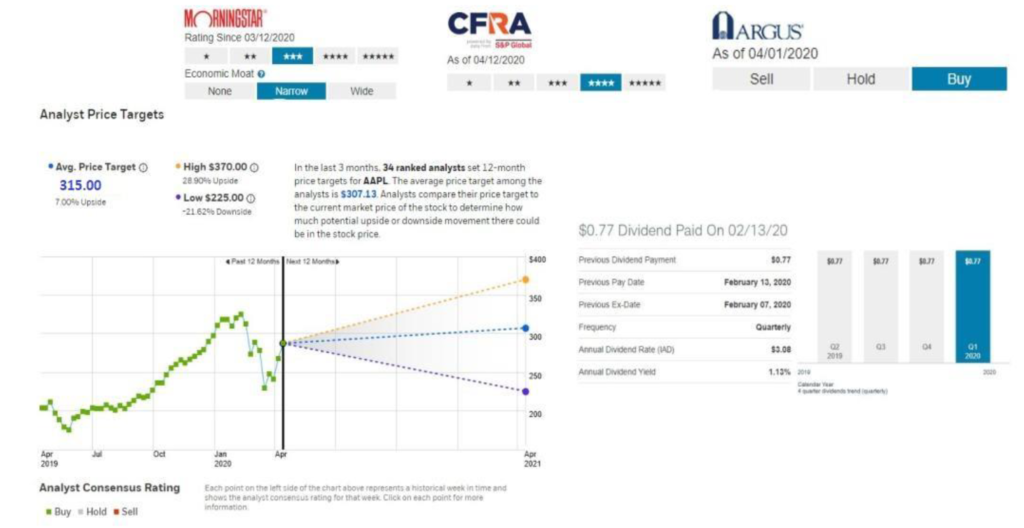 Is Apple Stock A Buy Before Q2 Earnings
May 25, 2025
Is Apple Stock A Buy Before Q2 Earnings
May 25, 2025 -
 Financial Strain On Paris Impact Of Luxury Goods Market Decline
May 25, 2025
Financial Strain On Paris Impact Of Luxury Goods Market Decline
May 25, 2025 -
 Aex Herstel Trump Uitstel Stuwt Alle Fondsen Omhoog
May 25, 2025
Aex Herstel Trump Uitstel Stuwt Alle Fondsen Omhoog
May 25, 2025 -
 Net Asset Value Nav Of Amundi Msci World Ii Ucits Etf Usd Hedged Dist An Investors Guide
May 25, 2025
Net Asset Value Nav Of Amundi Msci World Ii Ucits Etf Usd Hedged Dist An Investors Guide
May 25, 2025 -
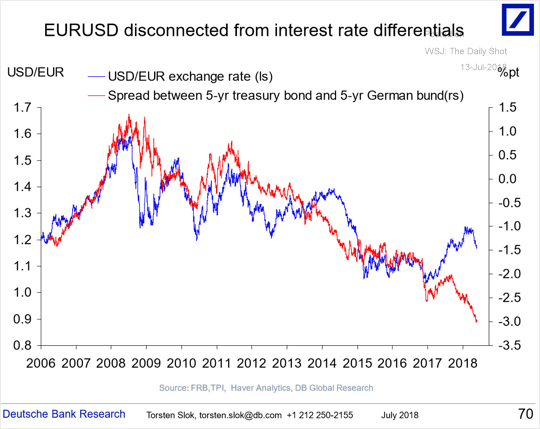 Zal De Snelle Marktdraai Van Europese Aandelen Ten Opzichte Van Wall Street Aanhouden
May 25, 2025
Zal De Snelle Marktdraai Van Europese Aandelen Ten Opzichte Van Wall Street Aanhouden
May 25, 2025
Latest Posts
-
 Mia Farrow Trump Must Be Held Accountable For Venezuelan Gang Deportations
May 25, 2025
Mia Farrow Trump Must Be Held Accountable For Venezuelan Gang Deportations
May 25, 2025 -
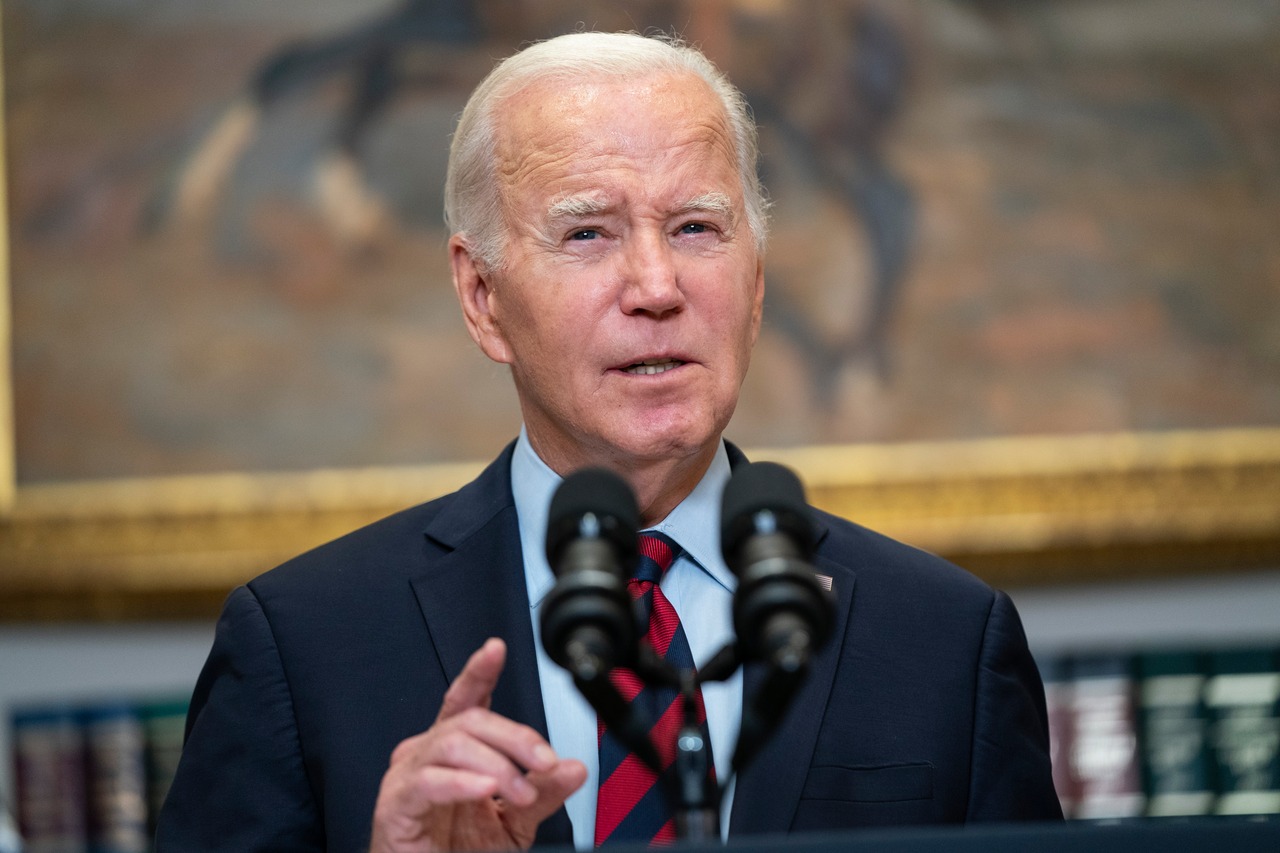 Farrows Plea Prosecute Trump For Handling Of Venezuelan Deportations
May 25, 2025
Farrows Plea Prosecute Trump For Handling Of Venezuelan Deportations
May 25, 2025 -
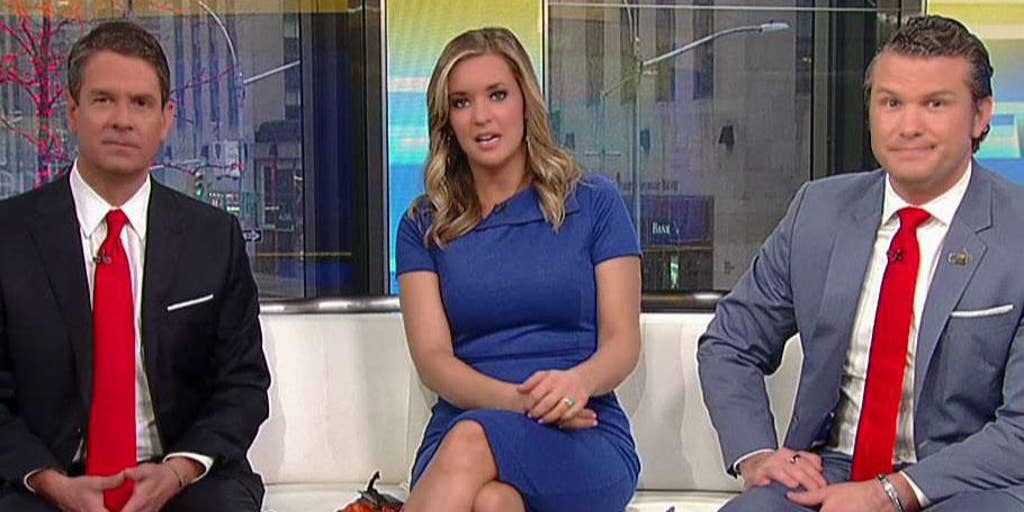 Actress Mia Farrow Seeks Legal Action Against Trump Regarding Venezuelan Deportations
May 25, 2025
Actress Mia Farrow Seeks Legal Action Against Trump Regarding Venezuelan Deportations
May 25, 2025 -
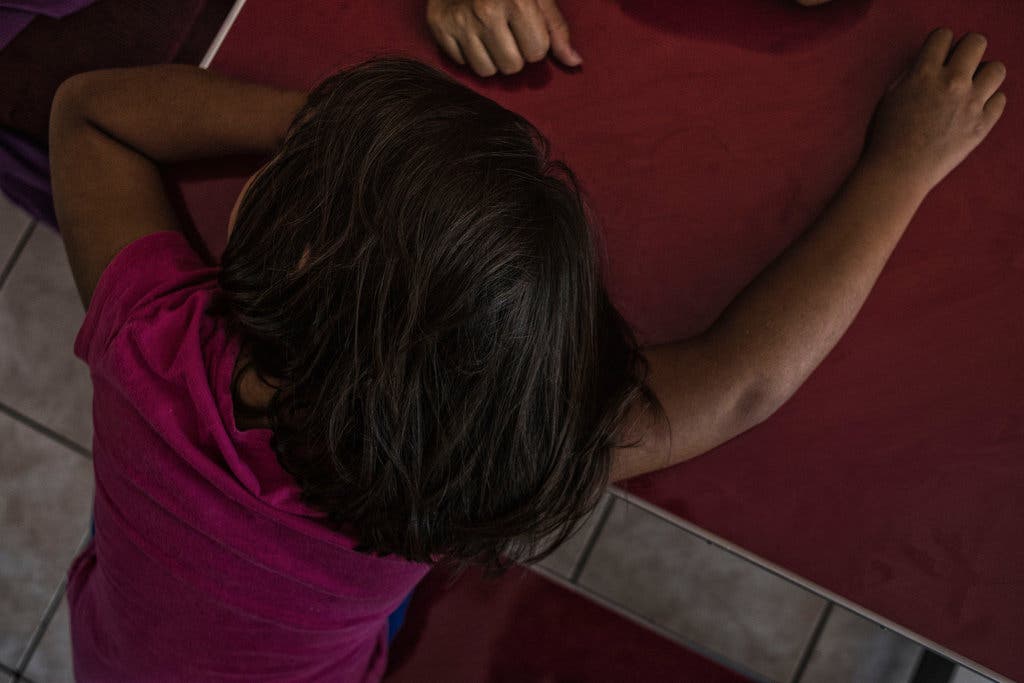 Mia Farrow Demands Trumps Imprisonment For Venezuelan Gang Member Deportations
May 25, 2025
Mia Farrow Demands Trumps Imprisonment For Venezuelan Gang Member Deportations
May 25, 2025 -
 Mia Farrow Calls For Trumps Arrest Over Venezuelan Deportations
May 25, 2025
Mia Farrow Calls For Trumps Arrest Over Venezuelan Deportations
May 25, 2025
